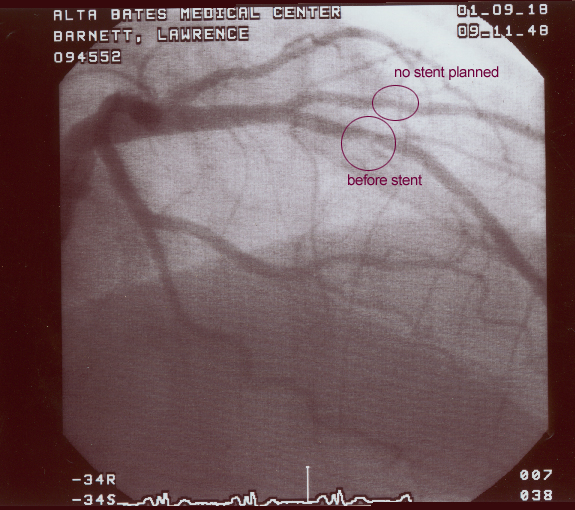
The typical view of the body is it is a thing apart, something we “have” but not what we “are.” According to this view, when illness occurs “it” needs to be fixed, much as we fix a broken muffler or lawnmower. This common narrative reinforces a mind/body split, objectifying our body.
An alternative view is we are fully integrated beings of body and mind. Aware mind considers, inquires and reaches conclusions. Body is also constantly aware, providing information and revealing truth. Discerning the meaning of body’s narrative is not always easy. The language of body can be subtle and obvious. Sharp pain, for example, tells us to stop whereas a sensation of warmth might mean many things. Ignoring the messages of body comes at the cost of illness and disease.
Because body speaks without words its narratives are often in the form of metaphor, more poetic than direct. Understanding what body is communicating requires accepting that such narratives are possible, of course, but once accepted a rich and nuanced story often can be found and provide a path back to health.
Ten years ago while in my early 50s, I was diagnosed with serious coronary artery disease. Atherosclerosis, what’s often called “hardening of the arteries” is generally a chronic, progressive disease, and untreated is a leading cause of early death. In my case, however, the diagnosis prompted me to also look for the deeper metaphoric meaning of my illness. It was not difficult to find, for I alone was the one who had spent years hardening my heart.
I could list the reasons why, but they don’t matter, really. What matters is that I’d done it to myself through forms of anger and aggression in a long-term misconstrued strategy of self-protection. If continued, the hardening would accelerate. My body was talking and I chose to listen; I had caused the problem, I could also reverse it. So it is then that I began a set of practices to soften my heart, to recognize anger and aggression as they first arise and with gentleness, let them go. I don’t know if it’s working, but it feels right.
Sometimes life is a pain in the neck, literally. I don’t blame my neck; I think instead about what or who has been difficult for me, and the role of my own aggression. If my throat gets sore, I consider ways in which I feel emotionally sore. In short, when my body talks I pay attention and then search for the subtle meaning; it’s almost always there to find.
Lately my right wrist has been causing me pain. The common view is that I have strained a tendon or some such thing, but I suspect a deeper meaning. The Old English linguistic root of the word “wrist” is related to “wrest,” to forcefully take or twist. This is how suffering arises. Such wrist pain is body’s way of directly reminding me to be gentle, to stop grasping so hard with my mind and heart – not simply my hands.
Each of us is the best judge of what’s going on inside; self-deception overcome, we are in fact the only one who really knows the entire story. If we but pay attention, we’ll find that body is continuously providing a truthful poetic metaphor of self-illumination.